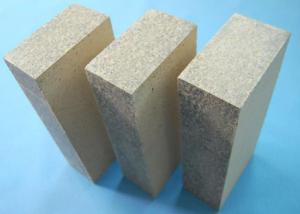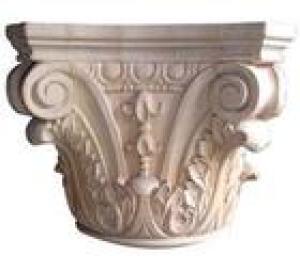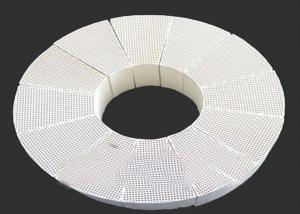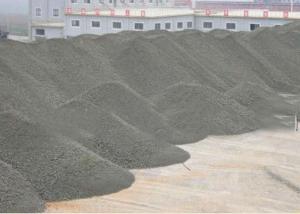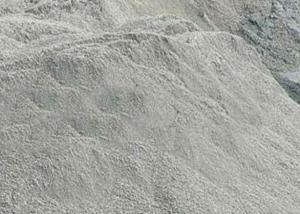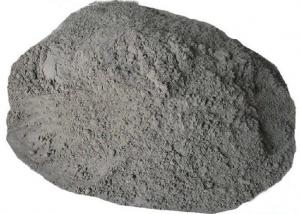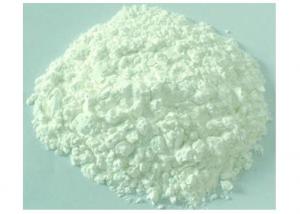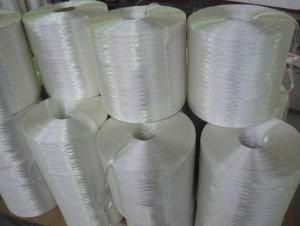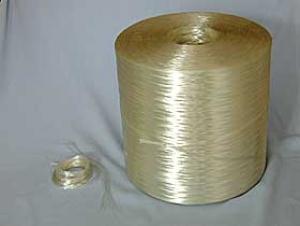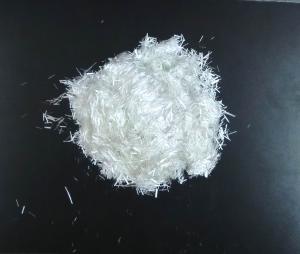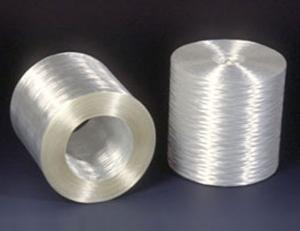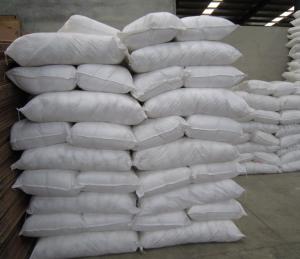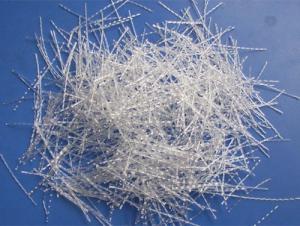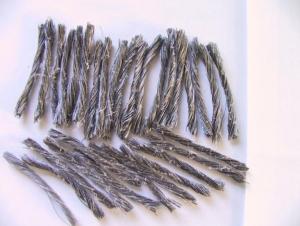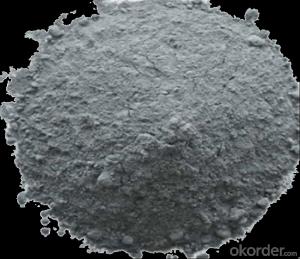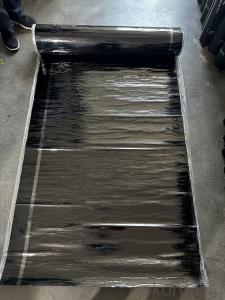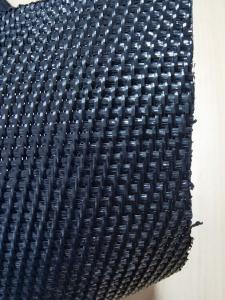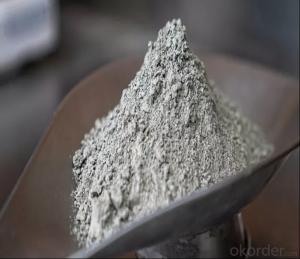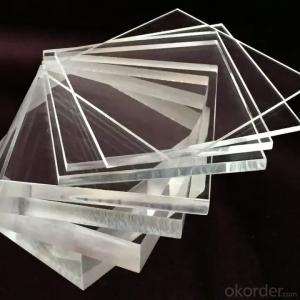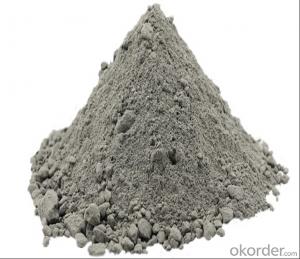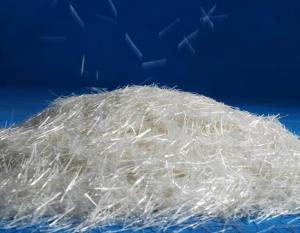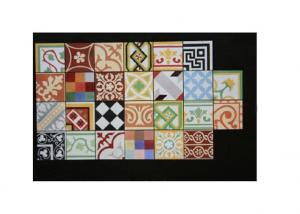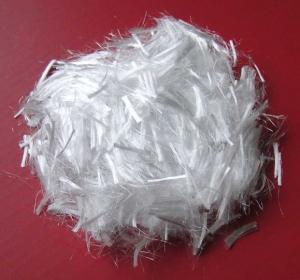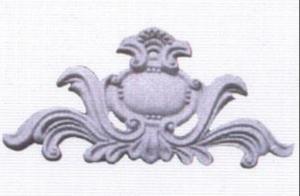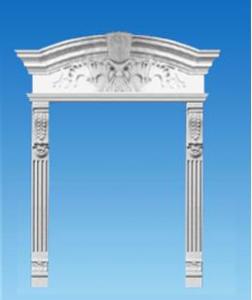Fireclay Insulation Refractory Brick NG Types of Refractory Bricks with High Strength
- Loading Port:
- China Main Port
- Payment Terms:
- TT or LC
- Min Order Qty:
- 2 Tons m.t.
- Supply Capability:
- 5000 Tons per Month m.t./month
OKorder Service Pledge
OKorder Financial Service
You Might Also Like
Advantages of High Strength Fireclay Insulation Refractory Brick NG Types Of Refractory Bricks
Light weight and low thermal conductivity allows thinner furnace walls
Maintain stable structural strength throughout ambient to maximum service temperature
Low heat storage results in rapid cooling and heating operation
Low iron and impurities to enhance reducing atmosphere
High thermal shock resistance in preventing spalling
Non standard sizes and shapes are available upon request
Applications of High Strength Fireclay Insulation Refractory Brick NG Types Of Refractory Bricks
Ceramic shuttle kilns
Metal heat treatment furnaces Steel billet reheating furnaces Oil refinery heaters
Laboratory furnaces
Max Service Temperature (°C) |
1150 |
1200 |
1280 |
1300 |
1350 |
1400 | |
Bulk Density (g/cm3) |
0.55 |
0.6 |
0.8 |
1.0 |
1.3 |
1.5 | |
Apparent Porosity % |
80 |
70 |
60 |
55 |
50 |
40 | |
Cold Crushing Strength (Mpa) ≥ |
1.5 |
2.0 |
2.5 |
3.0 |
4.0 |
6.0 | |
Reheating Linear Change (%) °CX 12H ≤ |
1250°C
-0.5 |
1300°C
-0.5 |
1350°C
-0.5 |
1350°C
-0.9 |
1350°C
-0.9 |
1350°C
-0.9 | |
Thermal conductivity(W/m.k) |
400°C |
0.14 |
0.25 |
0.35 |
0.41 |
0.51 |
0.6 |
600°C |
0.16 |
0.29 |
0.45 |
0.43 |
0.61 |
0.71 | |
800°C |
0.18 |
0.31 |
0.50 |
0.44 |
0.67 |
0.77 | |
1000°C |
0.20 |
0.33 |
0.60 |
0.45 |
0.8 |
0.9 | |
Al2O3 (%) |
37 |
40 |
40 |
40 |
40 |
42 | |
Fe2O3 (%) |
1.0 |
1.5 |
1.5 |
1.5 |
2 |
2 | |
SiO2 |
44 |
55 |
55 |
55 |
55 |
55 | |
- Q:My backyard at home is completely cement. There is no ground to grow a garden. Any suggestions or ideas on how I can have my own garden and grow my own plants ?Maybe even something that won't corrode the cement over time ?
- Bummer, I'd hate not being able to plant things in my yard. The way you worded the question make me think that breaking up the cement and putting in soil isn't an option, and I suppose that drilling some drainage into it and dumping large amounts of soil on top of it isn't an option either. That pretty much leaves doing all your growing in smaller portable containers. You can try to find the largest pots you can, depending on what you're growing. Get creative - it's amazing what you can grow things in (though if you use plastic containers, they need to be UV stable.) Everything must have adequate drainage, of course. You could also build planters w/ concrete or other materials you have access to. Also, pots don't have to be set all around on the ground. You can get creative. Build UP. You can make trees with pots hanging off of it, or built in all around it. Another way to go up is in more of a wall fashion. Do some internet searches and check youtube for info on vertical gardening. It's more effort than planting in the ground, but you can come up with some really nice looking things. As for not corroding the cement, if this is really important to you, you need to keep it clean (swept and/or hosed off). Don't let water sit or pool on it for long. Clean up soil/compost spills quickly. Hope some of this helps you add a little of God's greenery to your home.
- Q:Cement grinding aids are chemical or building materials ah what is based on ah?
- It should be said that not building materials
- Q:What is difference Between Cement Paste And Mortar?
- Mortar has sand in it ,used for block,brick laying.If you mean portland cement, its powder cement and you add water but no sand.
- Q:teeth which was used to apply the braces. Can i get a cleaning a regular dentist remove the cement ot return to a orthodontist. I removed the braces cause I was young and moved far away from home. Boy do i regret that just because of this mess I have on my teeth.
- particular. a usual dentist can eliminate it for you. Do it ASAP so which you will sidestep added harm(tooth decay). do no longer wait or popping your braces off would be prepare for popping your fake tooth in and out. think of roughly it, the cement is protecting tooth floor meaning that part of the tooth isn't getting brushed.
- Q:my brother wants to know
- cement bricks definitely. they are sturdier no matter what!
- Q:The different meaning of Cement Clinker and Clinker?
- Clinker is ground (usually with the addition of a little calcium sulfate) to become Portland cement. It may also to be interground with other active ingredients to produce: blastfurnace slag cement pozzolanic cement silica fume cement Clinker, if stored in dry conditions, can be kept for several months without appreciable loss of quality. Because of this, and because it can easily be handled by ordinary mineral handling equipment, clinker is traded internationally in large quantities. The freight cost is much lower than that for the equivalent amount of finished cement. Cement manufacturers purchasing clinker grind it as an addition to their own clinker at their cement plants. Manufacturers also ship clinker to grinding plants in areas where cement-making raw materials are not available. Happy Holidays !
- Q:Whats the difference between masonry cement and mortar? If you mix portland cement with sand does it become masonry cement or mortar?
- CEMEX’s Type N Masonry Cement, Type S Masonry Cement and Type M Masonry Cement are specially formulated and manufactured to produce masonry mortar. The masonry mortar is often used in brick, concrete block and stone masonry construction; also used to produce stone plaster.
- Q:I am makeing a model rocket ship and it requires Plastic cement and i dont have any will it still work?..
- The plastic cement is a solvent-based glue. It softens the plastic of the parts you are fastening. You then push them into place and when the plastic rehardens they are fused together. Water-based Elmer's glue will not soften the plastic. It will just sit on it and then peel off.
- Q:We're casting cement for testing, and we're not sure about how to calculate for the quantities. We're using a 15.24 cm diameter and 30.48 cm tall mould. We're using a water-cement ratio of 1:2, and a cement-sand-gravel ratio of 1:3:3. We're not sure how to calculate how much of everything we need, and we need the specific quantities for our methodology. Can anyone help?
- Total volume of the mould is pi r^2 h = 3.14159 (30.48) (15.24)^2 cm^3 = 22240 cm^3 The usual practice is to dry-blend the solids before adding the water, but I'm going to assume you really mean that the water amount is 1/2 the cement amount (not 1/2 the amount of total solids). You really need only enough water to make the mixture workable, but if 1/2 the cement is the correct amount of water, then the needed quantities are water 22240/15 = 1483 cc = 1.483 liters cement 44480/15 = 2965 cc (dry) sand 44480/5 = 8896 cc gravel 44480/5 = 8896 cc total = 22240 cc Probably best to mix up a bit extra of all the dry stuff in case the amt of water needed turns out to be less than you think.
- Q:I am building a box in the ground and need it water-proof.Whats the best mixure cement/sand, or should I use concrete?What differs cement/concrete? And how do you make it strong from cracking without steel enforcement?
- Technically, cement is what hold concrete together; concrete is an aggregate of sand, cement (usually Portland cement) and gravel. You can use pure cement as concrete if you want to, say, to fill cracks, same way you might use wood glue to seal up cracks where pieces of wood come together. Generally, fully cured concrete is stronger than cement by itself. I need to know more about the backyard box to recommend a specific approach. How big, how deep, above ground/below ground...etc.
1. Manufacturer Overview |
|
|---|---|
| Location | Henan,China (Mainland) |
| Year Established | 2007 |
| Annual Output Value | US$2.5 Million - US$5 Million |
| Main Markets | North America; South America; Eastern Europe; Southeast Asia; Africa; Oceania; Mid East; Eastern Asia; Western Europe; Central America; Northern Europe; Southern Europe |
| Company Certifications | business license |
2. Manufacturer Certificates |
|
|---|---|
| a) Certification Name | |
| Range | |
| Reference | |
| Validity Period | |
3. Manufacturer Capability |
|
|---|---|
| a)Trade Capacity | |
| Nearest Port | Shanghai,Qingdao,Tianjin |
| Export Percentage | 51% - 60% |
| No.of Employees in Trade Department | 6-10 People |
| Language Spoken: | English, Chinese, Spanish, Japanese, Portuguese, German, Arabic, French, Russian, Korean, Hindi, Italian |
| b)Factory Information | |
| Factory Size: | 10,000-30,000 square meters |
| No. of Production Lines | 2 |
| Contract Manufacturing | OEM Service Offered Design Service Offered |
| Product Price Range | High and/or Average |
Send your message to us
Fireclay Insulation Refractory Brick NG Types of Refractory Bricks with High Strength
- Loading Port:
- China Main Port
- Payment Terms:
- TT or LC
- Min Order Qty:
- 2 Tons m.t.
- Supply Capability:
- 5000 Tons per Month m.t./month
OKorder Service Pledge
OKorder Financial Service
Similar products
New products
Hot products
Related keywords
